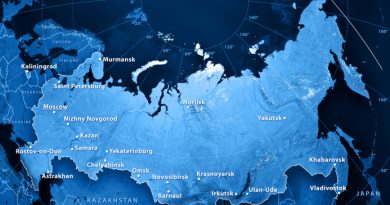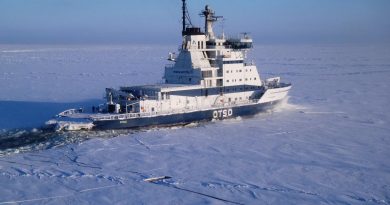Beauty spot in Arctic Norway set to become Barents oil terminal
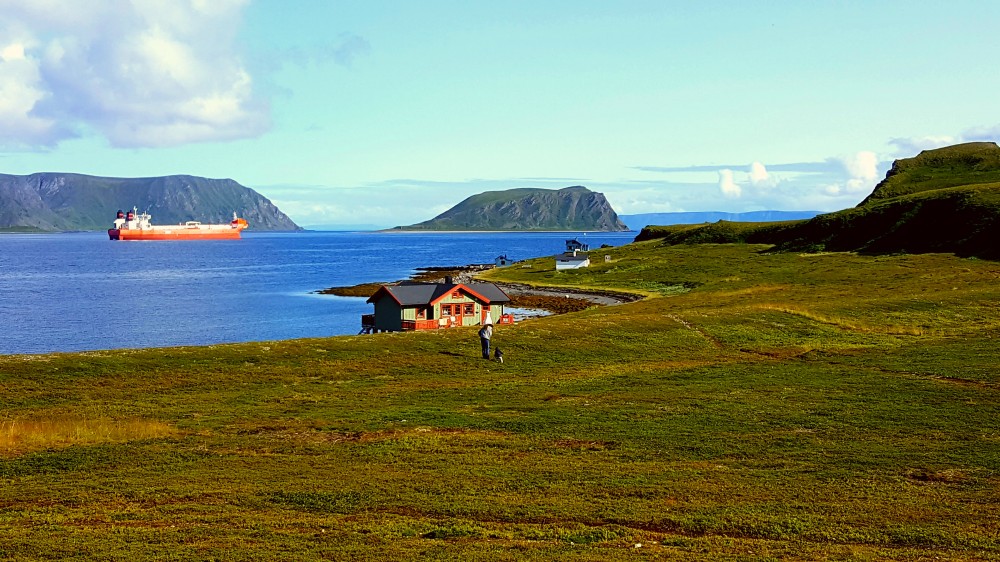
Majority in Norway’s Standing Committee on Energy and Environment rules in favour developing the Johan Castberg oil field in the Barents Sea.
Barents oil must give jobs and prosperity for locals, the Committee writes in a notice to the ruling on Friday. That could be good news for Honningsvåg (Arctic Norway), where former plans to build an oil terminal at Veidnes (Arctic Norway) could resurge.
Equinor (formerly known as Statoil) shelved the plans arguing it would be more cost-efficient to ship the oil directly to the market from the production ship at the field.
“Activities in the Barents Sea must be organized and operated so that the ripple effects contribute to business development and employment in Northern Norway. Bringing the oil from fields in the Barents Sea to an oil terminal at Veidnes in North Cape can be an important contribution,” the Committee’s notice reads.
Veidnes is a headland south of Honningsvåg in Norway’s northernmost municipality Nordkapp. For most visitors driving by towards North Cape tourist destination, Veidnes is a beauty spot with spectacular view towards the Barents Sea.
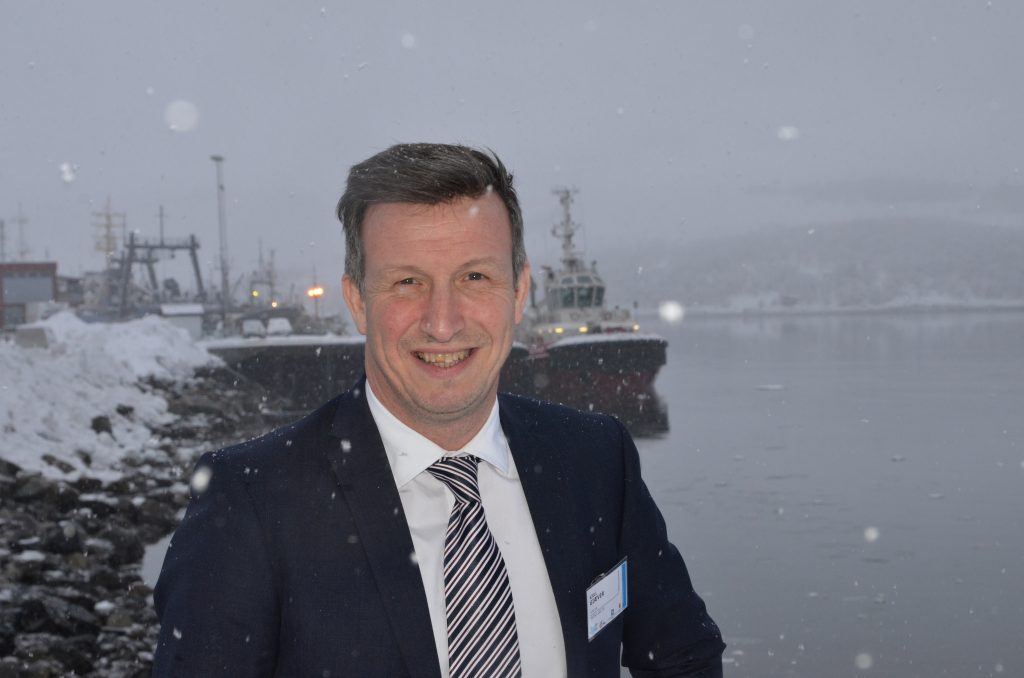
Northerners welcome oil industry
In the north, both the Johan Castberg oil field decision and the attached hope for an onshore oil terminal are welcomed.
“Northern Norway and Finnmark will for many years be in the centre of one of Europe’s largest and important industry developments with substantial ripple effects and hundreds of new workplaces in the entire region,” says a happy Petro Arctic Director Kjell Giæver.
Petro Arctic is a network for businesses in Northern Norway’s supply industry. “On behalf of Northern Norway, we are utmost proud today,” Giæver smiles.
Equinor estimates development costs for the Johan Casterbg field to be 50 billion kroner (€5,24 billion). The field will be developed with a Floating Production Storage and offloading (FPSO) vessel and subsea solutions. Second in line after ENI’s Goliat field, the Johan Castberg marks the new Arctic oil age for Norway. Production could start in late 2022.
Equinor says an investment decision on a possible land terminal at Veidnes will be made in 2019.
Much depends on possible new discoveries of oil in nearby fields to the Johan Castberg. The more oil is discovered, the more likely it is that the terminal will be built soon.
Eco-group concerned
Environmental group Bellona is worried about the stronger foothold the petroleum industry is making in Arctic waters.
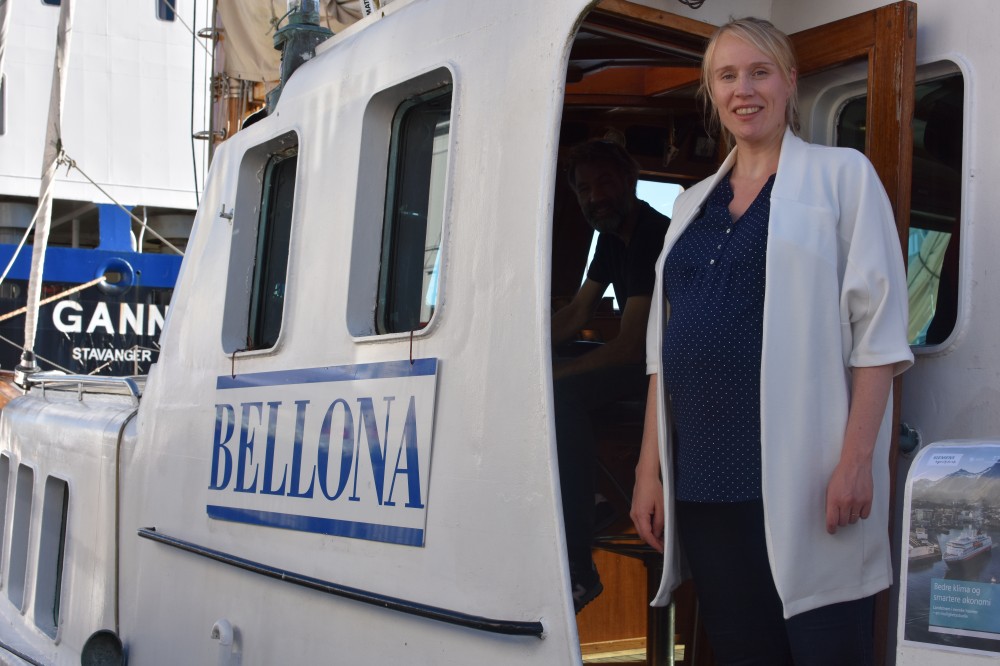
“We have for years advocated strongly against petroleum development in the Barents Sea. Not just from a climate perspective, but also due to the local environmental risk,” says Runa Haug Khoury, Bellona’s Director of Policy and Research.
She says consequences of possible oil spill could be severe. “The Barents Sea is rich in fisheries, distances are longer and we question the ability to mobilize the necessary environmental crisis response in the case of spills in these waters.”
For Bellona, the petroleum industry’s behavior in the Barents Sea if far from calming.
“All the trouble surrounding the Goliat platform should mark a massive red flag. Permitting the petroleum industry to establish a furthered strengthened foothold into our Arctic waters, goes against everything we know we need to do from an environmental point of view,” Runa Haug Khoury argues.
Related stories from around the North:
Canada: Canada ill-prepared for Arctic shipping boom, G7 sustainability summit hears, Eye on the Arctic
China: Qingdao plays pivotal role in China’s Arctic strategy, Cryopolitics Blog
Finland: Finnish chemistry professor develops “revolutionary” biofuel, YLE News
Norway: First Arctic well in 4 years draws no oil for Norway’s Aker BP, The Independent Barents Observer
Russia: France’s Total buys stake in major gas project in Russian Arctic, The Independent Barents Observer
Sweden: Another dry well in the Barents Sea for oil company Lundin, The Independent Barents Observer
United States: Former UN climate chief speaks out against Arctic drilling, Deutsche Welle’s Iceblogger


